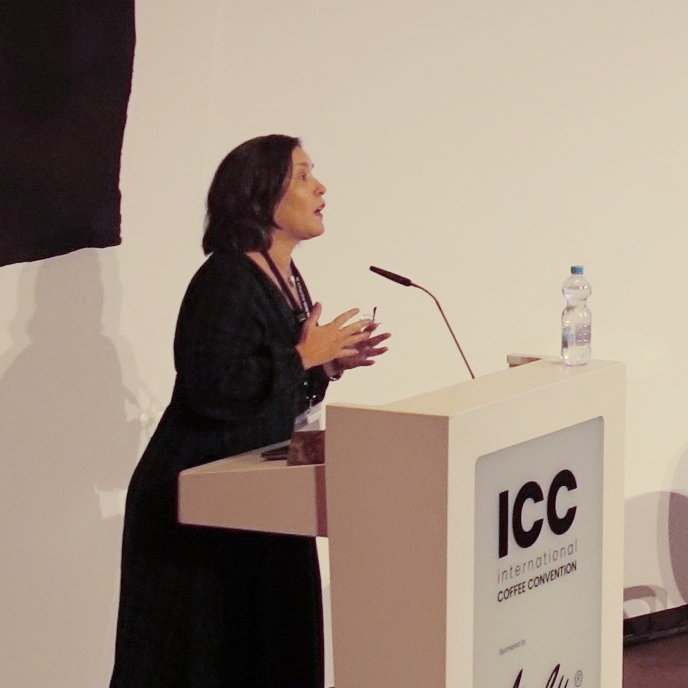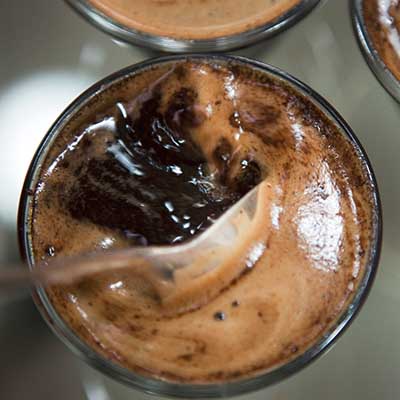Prof. Dr. Maria Dolores del Castillo - ICC 2024 Video Presentation
The dried husk of the coffee fruit or coffee cherry called cascara has gained a lot of attention recently. Cascara has an added value as a food and food ingredient. The classic use of cascara is infusion in hot water. Chronic inflammation plays a central role in some of the most chronic diseases of our time (e.g., obesity, diabetes, cancer, Alzheimer). A healthy diet can stop inflammation before it compromises human health. Fruits and vegetables, nuts and seeds, some oils and fatty fish, coffee, cocoa and green tea have been proposed as foods that can fight inflammation. Coffee, cocoa and green tea contain phenols with anti-inflammatory properties and caffeine in different concentrations, the highest being in coffee. Recent research has suggested someone who weighs 68 kg would need about 200 mg of caffeine (2 cups of coffee) a day for protection against obesity. For people who experience anxiety from caffeine consumption, it may be best to consider lowering the dosage to a quantity that promotes anti-inflammatory effects. Cascara infusion in soluble powder form, “instant cascara”, can be a good option for people with this condition. The addition of other components can enhance its nutritional value, health benefits, sensorial acceptance and enable more applications. Since cascara has been mainly treated as a by-product, the adoption of the 5S method (sort, set, shine, standardize and sustain) for the production of instant cascara is a good strategy to achieve a safe and tasty product for sustainable health due to its anti-inflammatory and other properties. The 5S method is a five-step methodology that creates a more organized and productive workspace by encouraging operators to improve the work environment and reduce waste. It is an excellent model for the sustainability of coffee manufacturing and to ensure the quality and safety of health-promoting instant cascara.
Proceedings: del Castillo, M.D. 5S Instant Cascara for Sustainable Health. Proceedings 2024, 109, 16. https://doi.org/10.3390/ICC2024-18031
Login


